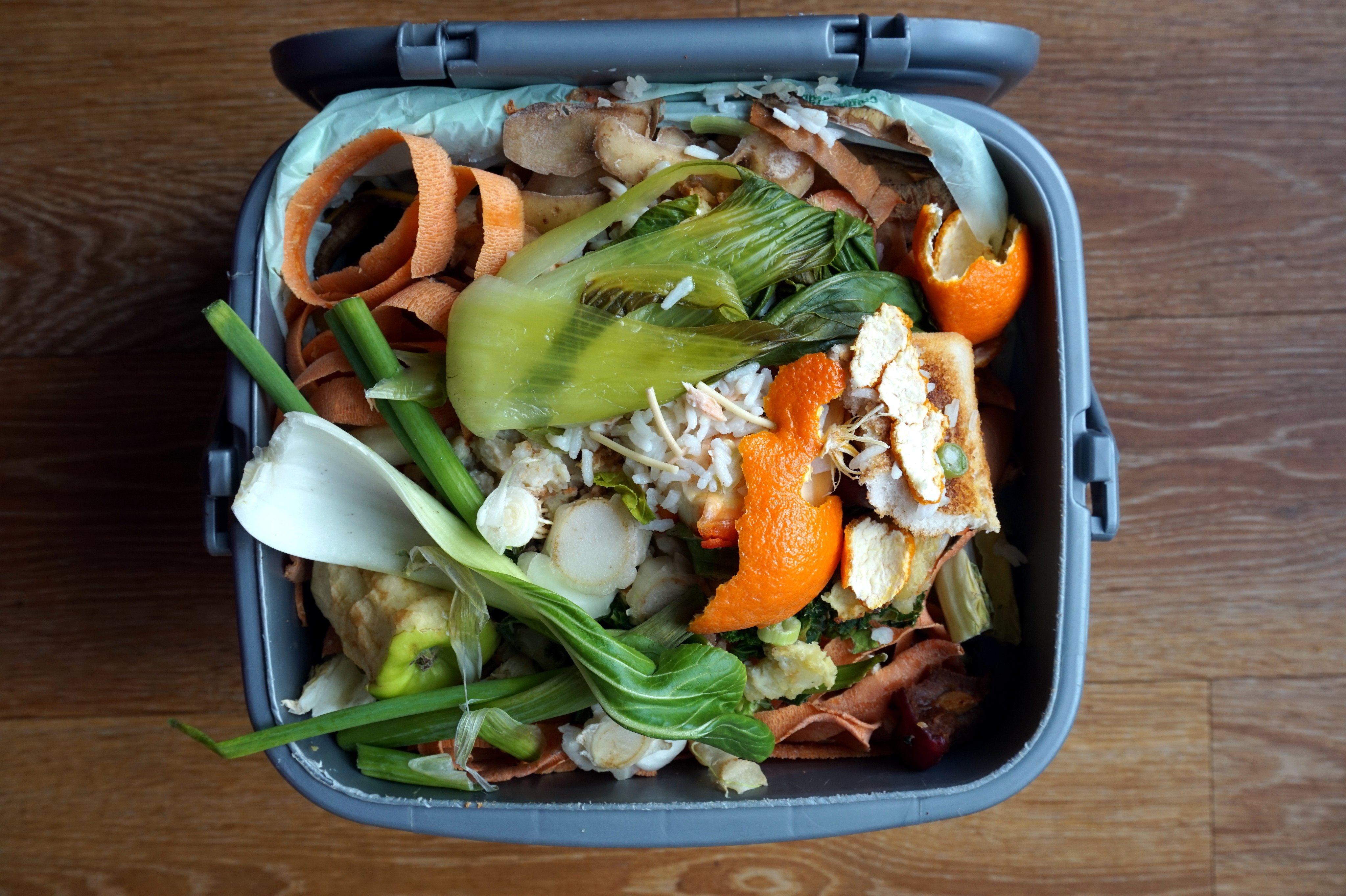FOGO Trial

A trial to separate food organics and garden organics (FOGO) from waste that would go into a landfill is being trialled in Ginninderra, specifically in the suburbs of Belconnen, Bruce, Cook and Macquarie. As part of the trial, weekly rubbish collection has been reduced to once a fortnight as opposed to once a week. This has caused significant concern among many people participating in the trial. It is important to note though, that their concern is not with the idea of the trial itself, but with the reduction in rubbish collection services.
In my electorate of Ginninderra, average household sizes are larger than anywhere else in the ACT. Naturally, this leads to more waste generation which necessitates the need for weekly rubbish collection.
The government justifies this cut to services by saying other council areas in Australia that implemented FOGO have changed their rubbish collection to fortnightly and they are doing just fine. What they neglect to say is that many of these other council areas such as Coffs Harbour and Bellingen have rubbish bins that are 100L bigger than ours. This of course means they are better able to weather reduced bin collection.
Labor and the Greens have recognised that the smaller size of our bins might be a problem for some so they have suggested that Canberrans get a bigger bin, but surprise surprise, there will be a monthly tax on it. This would effectively be a monthly tax on larger families who need bin space frequent collections.
It does not have to be this way though. The Southern Grampians in Victoria allow for a one-off payment for a bigger bin with no monthly tax.
The intentions of FOGO are good, but the move to reduce rubbish collections will be harmful to many families.
Click on the arrow button to read my speech













